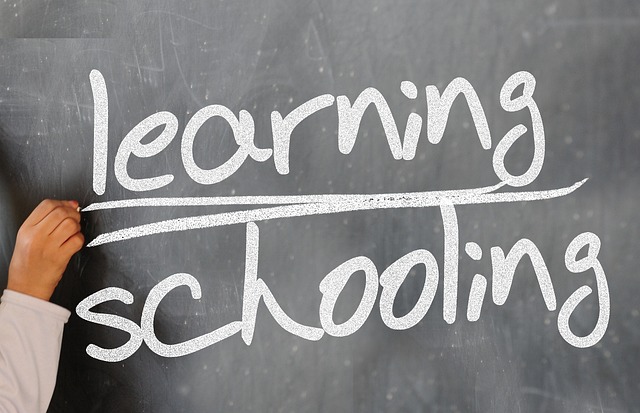Special Education Degrees: Programs, Skills, and Career Paths
Special education degrees prepare educators to work with children who have diverse learning needs and disabilities, blending coursework, field experience, and often state licensure requirements. These programs teach assessment, individualized instruction, and collaboration with families and specialists to support inclusive learning environments and improve educational outcomes for students with disabilities.

Education: degree types and pathways
Special education degrees are offered at the associate, bachelor’s, master’s, and doctoral levels. A bachelor’s degree typically prepares graduates for initial teaching certification and classroom roles, while master’s programs often focus on advanced instructional methods, leadership, or specialized areas like autism spectrum disorders. Doctoral programs emphasize research, policy, and higher-level leadership in education systems. Many candidates choose alternative certification routes or post-baccalaureate programs if they already hold a degree in another field.
Many programs include coursework in assessment, curriculum adaptation, behavior management, and collaborative practices. Accreditation, state licensure requirements, and university partnerships with local services influence program selection. Prospective students should review program syllabi and practicum placements to confirm alignment with their career goals in education and special education.
Special education: certification and focus areas
Certification requirements vary by country and state but commonly include supervised classroom experience and passing standardized exams. Special education certifications may be specific to age ranges (early childhood, elementary, secondary) or to disability categories (learning disabilities, intellectual disabilities, emotional/behavioral disorders). Some programs offer endorsements in areas such as speech-language support or assistive technology.
Focus areas in special education degrees often combine theory and practice: inclusive classroom strategies, legal and ethical issues, individualized education program (IEP) development, and progress monitoring. Many programs also teach collaboration with related service providers (therapists, psychologists) to design multidisciplinary supports for children in school settings.
Teaching strategies taught in the degree
Courses emphasize evidence-based teaching strategies that can be adapted to individual learners. Topics include differentiated instruction, universal design for learning (UDL), explicit instruction, positive behavior supports, and data-driven decision making. Practical training often occurs during student teaching placements where candidates apply these strategies with supervision and feedback.
Programs also cover assessment tools used to identify strengths and needs, create measurable goals, and monitor progress. Learning to interpret assessment results and translate them into instructional plans is central to effective teaching. Strong communication skills for working with families, paraeducators, and school teams are taught and practiced throughout coursework and field experiences.
Working with children: skills and placements
Hands-on experience is a core element of special education degrees. Field placements in inclusive classrooms, resource rooms, and specialized settings give students experience with children across developmental stages. These placements develop classroom management, lesson adaptation, and individualized support skills that are essential for day-to-day teaching.
Programs typically require supervised practicum hours where candidates design lessons, implement interventions, and collect data on student progress. Exposure to a range of ages and disability types helps future teachers understand how to tailor instruction for children with diverse abilities, and how to build relationships that support learning and social development in school contexts.
Disability: legal frameworks and classroom supports
Understanding legal frameworks is essential for educators working with students who have disabilities. Degrees cover laws and policies that govern special education services, such as rights to free appropriate public education, procedural safeguards, and requirements for individualized education programs. Knowledge of these frameworks helps teachers advocate for appropriate supports and ensure compliance within school systems.
Classroom supports discussed in programs include accommodations, modifications, assistive technology, and collaboration with families and specialists. Building inclusive classrooms often requires strategic planning, routine monitoring, and flexibility. Educators learn how to document services, communicate progress, and participate in multidisciplinary teams that address both academic and social-emotional needs.
Conclusion
A special education degree combines academic study, legal and ethical knowledge, and practical experience to prepare educators for working with children who have disabilities. Whether pursuing initial certification or advanced specialization, prospective students should evaluate program accreditation, practicum opportunities, and alignment with local services and licensure requirements to make informed choices about their education and career path.






